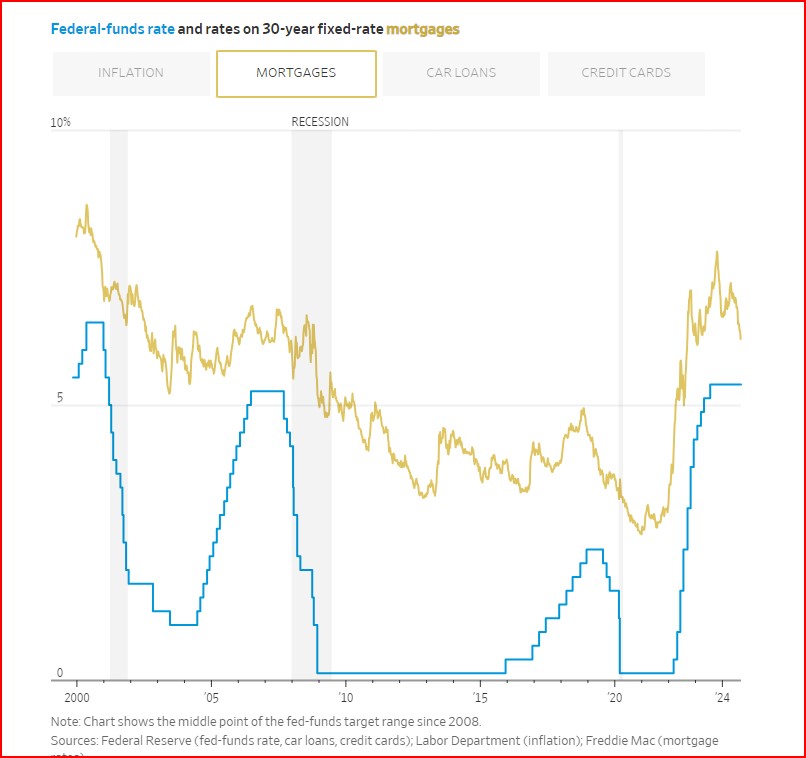Making an offer on a house is a milestone that home buyers generally look forward to. The experience can be even more exciting when a buyer has been pre-approved for a quality home loan. But adding contingencies to an offer can spoil things. Contingencies have their pros and cons, no doubt, but they can sour an offer just as easily as enhancing it.
Whether you are a buyer who has already worked with a mortgage broker for pre-approval or are just getting started in the home buying process, it is important that you understand contingencies. You need to know what they are, how they work, and the pros and cons attached to them.
What a Contingency Is
Think of a contingency as a qualification or requirement for purchase. Let’s say that while viewing a home you are interested in, you notice that some electrical work in the basement wasn’t properly buttoned up with junction boxes at the time the work was done. You make an offer contingent on the seller correcting that problem. Your contingency is a condition of purchase.
Adding the contingency to the offer stipulates your expectation that the problem will be corrected prior to closing. If, during the final walk through the day before closing, you see that the required junction boxes are still missing, you can back out of the deal without any legal consequences. You made the contingency applicable with your offer, the owner accepted that contingency, yet the contingency was not honored. You have an out – even though you have already arranged a home loan.
The Pros of Contingencies
Contingencies are almost always attached by the buyer at the time an offer is made. There are certain advantages to doing so. First and foremost is protecting the buyer from purchasing a home that could ultimately become a huge headache. Contingencies protect buyers by addressing any known issues prior to closing.
Other pros include:
- Seller Motivation – Contingencies give buyers a bit more leverage in the negotiation process. How so? A contingency implies that a buyer is serious about the offer being made. They are ready to move forward as long as whatever is addressed in the contingency is taken care of. This could be all the motivation a seller needs to accept an offer.
Less Risk – Contingencies also reduce the chances of the buyer experiencing financial loss as a result of circumstances covered by the contingencies. The perfect example is making an offer contingent on the sale of the buyer’s existing home. If the buyer cannot sell by closing, he or she can get out of the purchase.
Obviously, contingencies tend to work in favor of buyers. But there are seller contingencies as well – like the kick-out clause. A buyer might insist on a financing contingency to provide time to arrange a home loan. The seller counters with a kick-out clause that allows him to continue to market the property in the meantime.
The Cons of Contingencies
So, what are the disadvantages? At the top of the list is seller uncertainty. Contingencies require that certain circumstances be met prior to closing. Contingencies requiring the seller to address property deficiencies are one thing. But if a contingency rests on the buyer’s ability to sell an existing home, there is always a risk that the deal will fall through.
Other disadvantages include potential delays and additional costs. They are all things that buyers and sellers can work out between themselves. Fortunately, contingencies have no bearing on home loans. When home buyers are pre-approved, their home loans will be ready and waiting at closing.
If you’re looking to close a home in Colorado with a knowledgeable mortgage broker, call us today at 303-779-0591 or schedule a free consultation.











